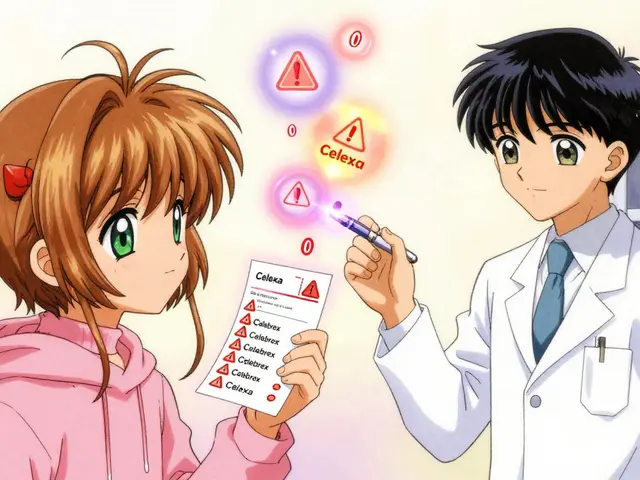Personalized Medicine: Why One Size Doesn’t Fit All
Ever wonder why a pill works for your friend but not for you? That’s the core of personalized medicine – using your own genetic makeup, lifestyle, and health history to pick the right drug, dose, and plan. It’s not futuristic hype; it’s happening right now in clinics and online guides.
How Your Genes Guide Treatment Choices
When doctors order a genetic test, they’re looking for variations that affect how your body processes medication. For example, some people break down painkillers quickly and need higher doses, while others metabolize them slowly and risk side effects. Knowing these differences helps avoid trial‑and‑error prescribing.
Beyond drug metabolism, genetics can predict disease risk. If a test shows a higher chance of developing high blood pressure, your doctor can start lifestyle changes early, instead of waiting for the condition to appear.
Practical Steps to Get Started
1. Ask Your Doctor About Genetic Testing. Many labs now offer a simple cheek‑swab test that costs a few hundred dollars. The results can be added to your medical record for future reference.
2. Keep a Detailed Medication List. Write down every prescription, over‑the‑counter drug, and supplement. This helps pharmacists spot potential interactions that are especially important for personalized plans.
3. Use Trusted Online Resources. Websites like StreetU3A Health provide guides on specific medicines, side‑effects, and how they may vary with genetics. Look for articles that mention “personalized” or “precision” in the title.
4. Stay Informed About New Therapies. As research advances, new targeted drugs appear for conditions like cancer, diabetes, and depression. Being aware means you can discuss options with your doctor rather than sticking with a generic treatment that may not be optimal.
5. Track Your Health Data. Apps that log blood pressure, glucose, or sleep patterns create a personalized health profile. Over time, patterns emerge that guide adjustments to medication or lifestyle.
Personalized medicine isn’t a magic bullet, but it does cut down on guesswork. By matching treatments to your unique profile, you get better results with fewer side effects. The next time you pick up a prescription, ask your healthcare team how it fits your DNA and daily habits. That simple question can turn a standard pill into a truly custom solution.
4 September 2025
Tessa Marley
What to know about tolvaptan’s role in personalized care for ADPKD and SIADH: who benefits, how dosing is tailored, risks, monitoring, and practical checklists.
Continue Reading...






